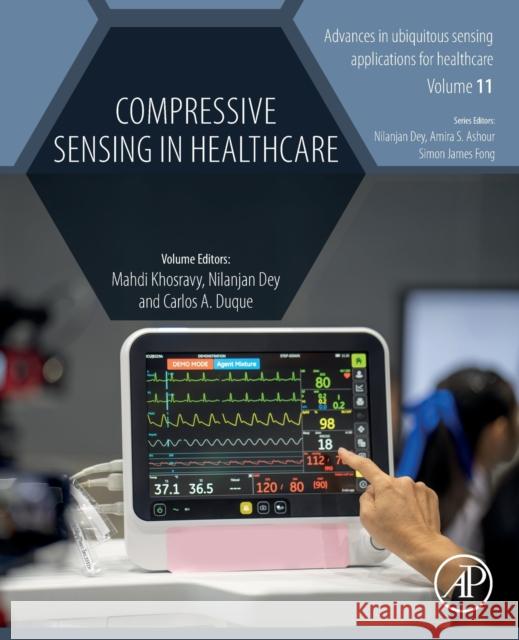Compressive Sensing in Healthcare » książka
topmenu
Compressive Sensing in Healthcare
ISBN-13: 9780128212479 / Angielski / Miękka / 2020 / 300 str.
Kategorie:
Kategorie BISAC:
Wydawca:
Academic Press
Seria wydawnicza:
Język:
Angielski
ISBN-13:
9780128212479
Rok wydania:
2020
Numer serii:
000834020
Ilość stron:
300
Waga:
0.53 kg
Wymiary:
23.5 x 19.05 x 1.65
Oprawa:
Miękka
Wolumenów:
01
Dodatkowe informacje:
Bibliografia











